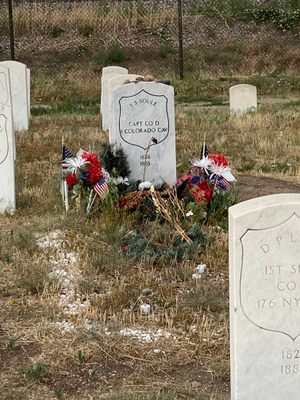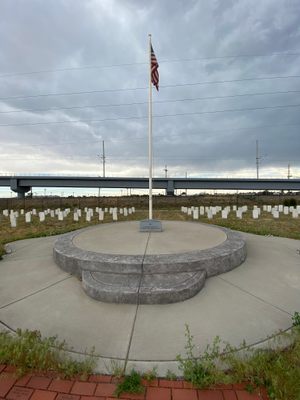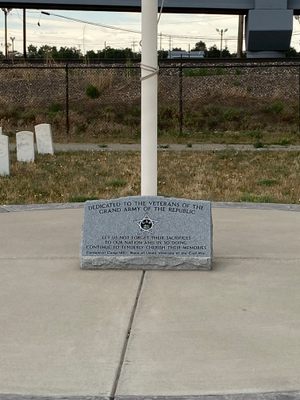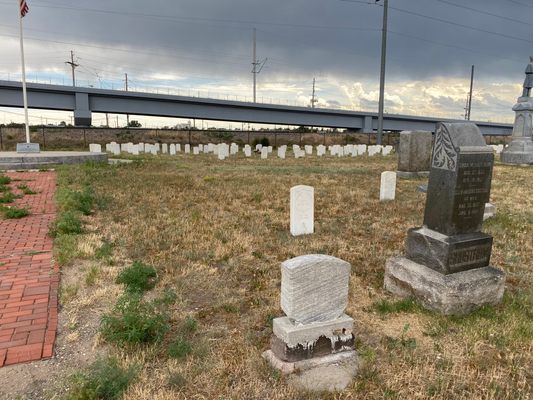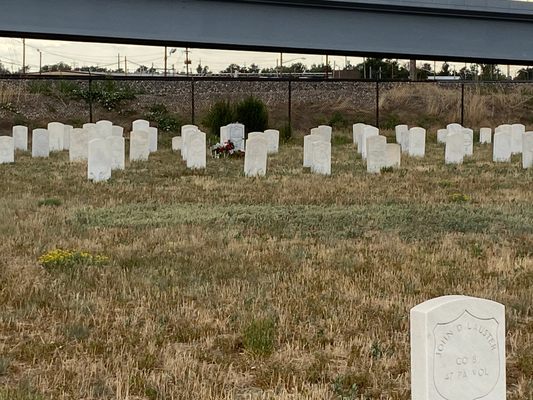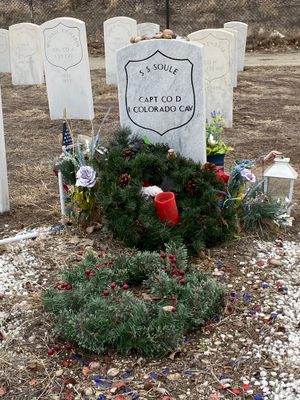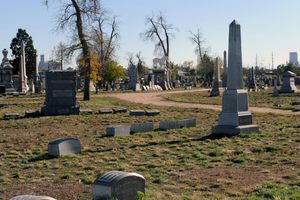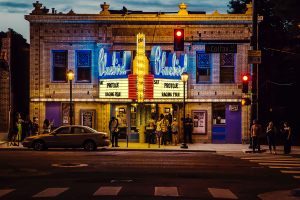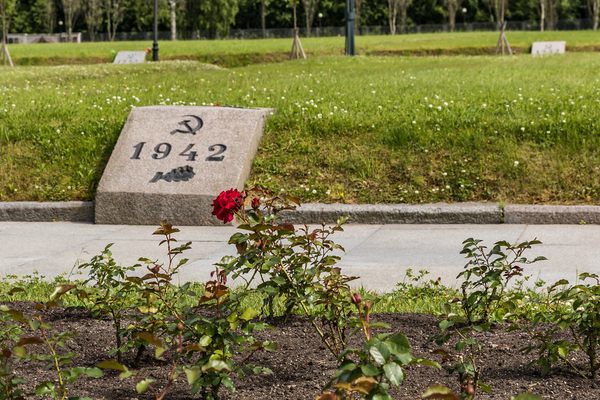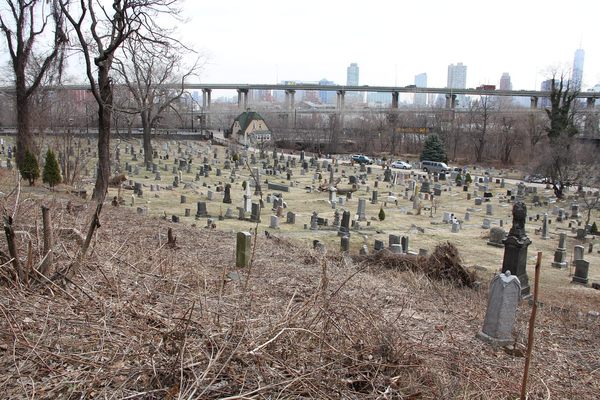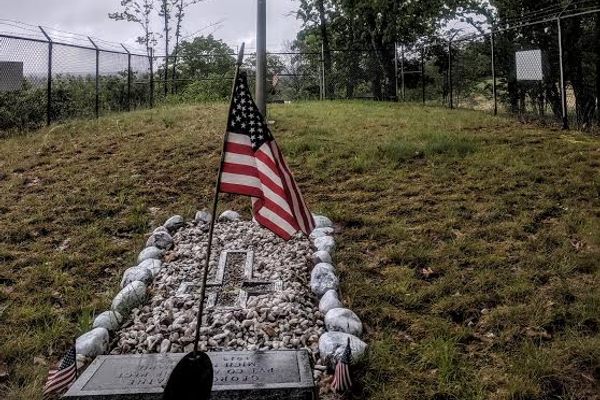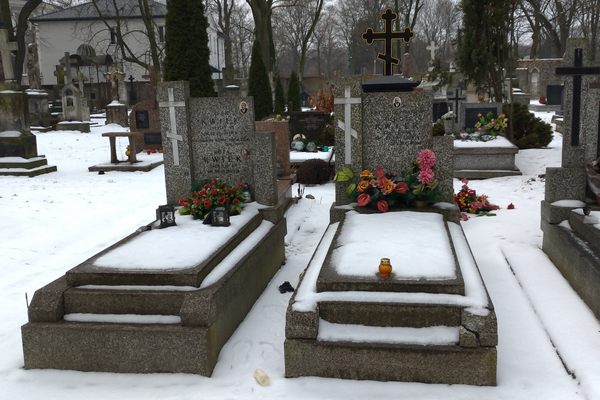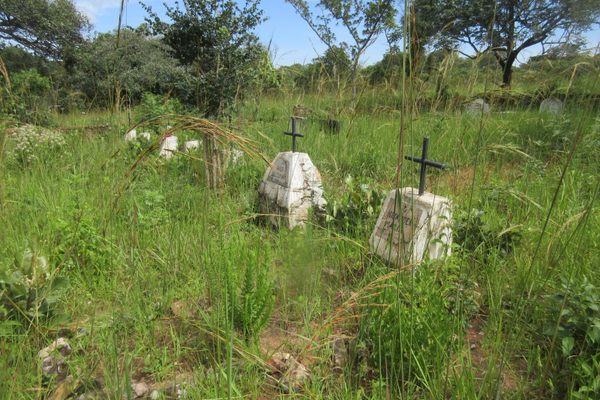About
In the predawn hours of November 29, 1864, troops from the Colorado Third Volunteers, derisively called “The Bloodless Third,” under the command of Colonel John Chivington, attacked the peaceful camp of the Black Kettle Band of Cheyennes on the banks of Big Sandy Creek, on the plains of southern Colorado. The troops plunged in, firing indiscriminately, and all the troops participated with relish. All except Company D of the First Colorado Calvary, under the command of Captain Silas Soule, and a company from Fort Lyon under the command of Lieutenant Joseph Cramer.
At Fort Lyon, several days before the attack, Soule had objected to Chivington’s plan to massacre the camp, stating in a letter to Lieutenant Colonel Edward Wynkoop, “As soon as I knew of their movement I was indignant as you would have been ... and told them that any man who would take part in the murders, knowing the circumstances as we did, was a low lived cowardly son of a bitch.”
Threatened with hanging, Soule and Cramer continued on with the Bloodless Third. According to Soule, when they arrived, they saw that the camp was flying the U.S. flag, and a white flag. When ordered to attack by Chivington, Soule and Cramer refused.
The Sand Creek Massacre became notorious shortly thereafter, and was investigated by Congress. Soule testified against Chivington, and was vilified for his participation. His testimony changed the attitude toward Chivington, and resulted in Congress denying the U.S. Army thousands of troops to pursue war against Native Americans.
On April 23, 1865, while patrolling as the Provost Marshal in Denver, Soule went to investigate a report of shots fired. As he rounded the corner, he was met by Charles Squires, a member of the First Colorado Volunteers. Both men fired. Squires was wounded in the arm but Soule fell dead. The place of his death is marked by a placard near 15th Street and Arapahoe Street.
Soule was buried in a soldier’s grave in Riverside Cemetery, along with other members of Colorado’s Civil War dead.
Today, the grave is recognized by the Cheyenne tribe and is decorated out of respect to Soule’s bravery. It is the gathering site for the Sand Creek Spiritual Healing Run, which travels from Soule’s grave to the site of the massacre.
Related Tags
Know Before You Go
The entrance to Riverside Cemetery has changed in recent years. It is now on 58th Avenue, just east of the South Platte River. The entry is slightly hidden, and a sign there points the way. Soule’s grave is in section 27 of the cemetery, on the far northeast corner, the south of the flagpole.
Published
July 22, 2020
